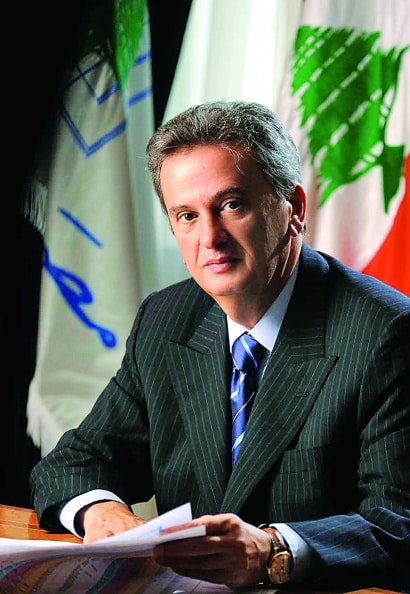Demonstrators in Lebanon have gathered in front of the central bank, demanding the removal of capital controls hindering them from accessing their savings, and calling for the bank’s governor to be held accountable for the deepening economic crisis.
Expressing their anger, Lebanese citizens who took part in the rally on Friday in the capital, Beirut, highlighted the unfairness of the situation. While politicians have been able to transfer substantial sums of money abroad, ordinary citizens have been left to bear the brunt of the crisis.
The severe economic deterioration in Lebanon first became evident in October 2019 when the central bank abruptly imposed capital controls, restricting withdrawals and preventing most Lebanese from transferring money abroad.
In February, the central bank officially announced a new exchange rate of 15,000 pounds per US dollar, abandoning the decades-long pegged rate of just over 1,500 pounds. However, depositors have complained that withdrawing funds at the official rate places them at a significant disadvantage, as the Lebanese pound has plummeted to approximately 100,000 to the dollar on the parallel market where day-to-day transactions occur.
“I need my money to purchase medication; I am diabetic,” shared pensioner Micheal Iliovits. Starting in 2021, the subsidies for medicines were largely lifted, rendering essential drugs unaffordable for many.
Unemployed individual Salam Zeiban expressed his frustration, accusing politicians of wanting the people to pay for their “theft.” He condemned this unethical behaviour, highlighting the unfairness of ordinary citizens withdrawing their funds at an unfavourable exchange rate for years, while politicians managed to smuggle their money out of the country in the early stages of the crisis.
Central bank Governor Riad Salameh has dismissed reports that the country is bankrupt due to an estimated $70 billion in losses to the financial system. Despite international arrest warrants issued against him, Lebanon has thus far refused to extradite Salameh. Although he is barred from leaving the country, Salameh continues to hold his position at the bank.
Apart from enduring a devastating economic crisis for over three years, Lebanon has been governed by a caretaker cabinet for more than a year and has been without a president for almost eight months. The parliament, where no group holds a clear majority, has failed 12 times to elect a new president, reflecting the bitter divisions between Hezbollah, supported by Iran, and its opponents.



















